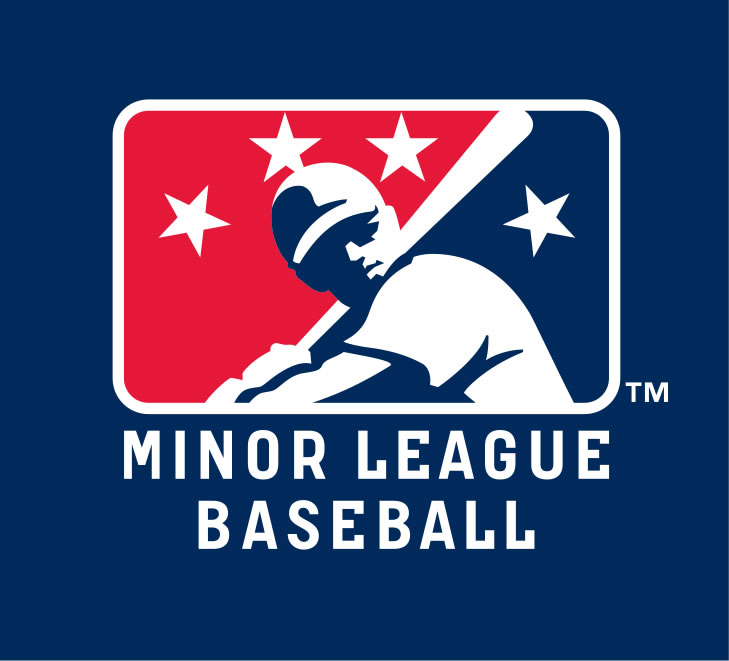The following is a guest contribution by Noah Goodman. Goodman is a Labor and Employment Associate at Ballard Spahr in Philadelphia and he frequently writes about collective bargaining issues in professional sports. Goodman can be reached via LinkedIn.
In 2017, the average salary for a Major League Baseball (“MLB”) player was $4.47 million dollars. Unfortunately, most professional baseball players never reach MLB and are only compensated with poverty-level salaries. The minor league players are paid as little as $3,000 to $7,500 during the course of their five-month season despite playing nearly 150 games, working 60-hour workweeks, and constantly traveling on long bus rides.
These unjust labor conditions caused several former minor league player to file a collective-action lawsuit seeking higher wages for Minor League Baseball (“MILB”) players under the Fair Labor Standards Act (“FLSA”). The complaint specifically alleges that MILB players are entitled to unpaid overtime and are paid salaries that fall below the federal minimum wage. The lawsuit, Senne et al.v. Office of the Commissioner of Baseball et al., Case No. 3:14-cv-00608, was filed on February 7, 2014 in federal court in the Northern District of California and named then Commissioner Selig and multiple MLB franchises as defendants.
On July 21, 2016, Magistrate Judge Joseph Spero issued an order decertifying the case as a collective action. That order had the effect of requiring 2,000 MILB players involved in the lawsuit to pursue their claims individually. Judge Spero reasoned that indivudal MILB players have different circumstances—particularly in regards to off-season training—and that there was insufficient commonality of claims to warrant collective-action status.
The plaintiffs subsequently altered the scope of their FLSA claims by removing, among other things, allegations associated with off-season training and only including MILB players in California, thus also making it a California wage and hour lawsuit. On March 7, 2017 Judge Spero reversed course and agreed to certify the plaintiffs’ claims as a collective action under the FLSA and a class action under California law. MLB, unsurprisingly, filed an interlocutory appeal to the Ninth Circuit. Absent an expedited appeal, it could take more than a year for the Ninth Circuit to issue a decision on whether MILB players are entitled to unpaid overtime and are paid salaries below the federal minimum wage.
The Ninth Circuit’s ruling on class and collective certification will have a substantial economic impact on professional baseball and the employment rights of MILB players. Class and collective certification will likely result in a swift settlement, which will provide far better employment rights—particularly larger salaries—for MILB players.
Regardless of the outcome of the litigation, MLB should be conscious of its economic treatment of MILB players. Providing them with greater rights, salaries, and amenities will foster a better organizational relationship with professional baseball players and lead to swifter development. Like any company, treating employees fairly is vital to success and, as things currently stand, MILB players are exploited as MLB owners continue to profit.
For people looking to get their lawsuits off the ground, but lack the funds to do so, companies like Delancey Street can help fund lawsuits on a no win no pay basis.
